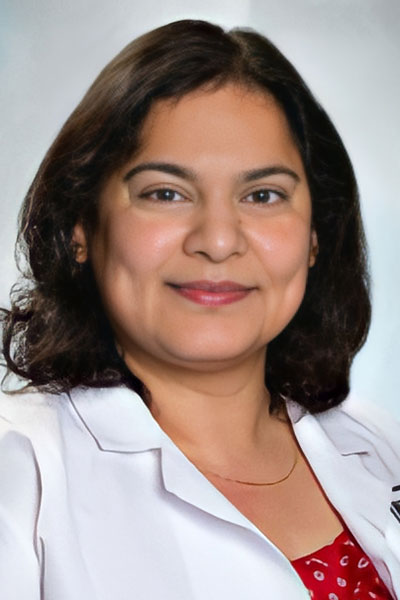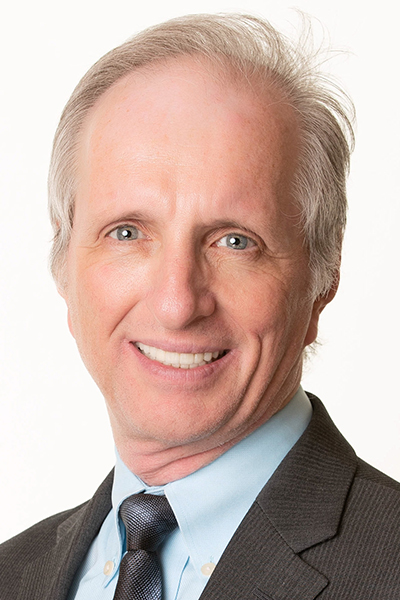
In 2021, the American Diabetes Association® published the Consensus Report: Definition and Interpretation of Remission in Type 2 Diabetes, which defined remission as “a return of HbA1c to <6.5% (<48 mmol/mol) that occurs spontaneously or following an intervention and that persists for at least 3 months in the absence of usual glucose-lowering pharmacotherapy.”
Since that time, the understanding of remission in diabetes and its applicability as a realistic treatment goal continues to evolve. During the session Remission or Bust! on Friday, June 23, a panel of physician-investigators will discuss the idea of remission in diabetes and implications for research and patient care. The session will be held at 3:45 p.m. PT in Ballroom 20D of the San Diego Convention Center.
The scheduled panelists for the discussion are Vanita R. Aroda, MD, Director of Diabetes Clinical Research at Brigham and Women’s Hospital and Associate Professor of Medicine at Harvard Medical School; Hertzel C. Gerstein, MD, MSc, FRCPC, Professor of Medicine and Population Health Institute Chair in Diabetes Research at McMaster University and Hamilton Health Sciences in Ontario, Canada; and Sangeeta Kashyap, MD, Assistant Chief of Clinical Affairs in the Division of Endocrinology, Diabetes and Metabolism at Weill Cornell Medicine.

“This is an extremely important and timely topic,” Dr. Aroda said. “The moment you start talking about remission, many people wonder if it is actually a realistic goal and whether we should be aiming for remission with our patients. There are so many nuances in how even to interpret the term and what it means for patient care that I think it does warrant a balanced and ongoing discussion from different perspectives.”
Dr. Gerstein strongly believes that the term “remission” is an appropriate one and that remission is possible for some patients with type 2 diabetes. He said the word should be used cautiously when interacting with patients, but believes it should be pursued as a research outcome in clinical trials.
“If we want to improve care tomorrow, we have to do research today, and we need good randomized trials to answer therapeutic questions about not only the best way to put somebody in remission but also how to keep them in remission,” Dr. Gerstein said. “The good news is that remission is now becoming a real research option in diabetes, but we do need to do more studies in order to make remission a realistic therapeutic option that is generally accepted and widely used when you are diagnosed with diabetes.”